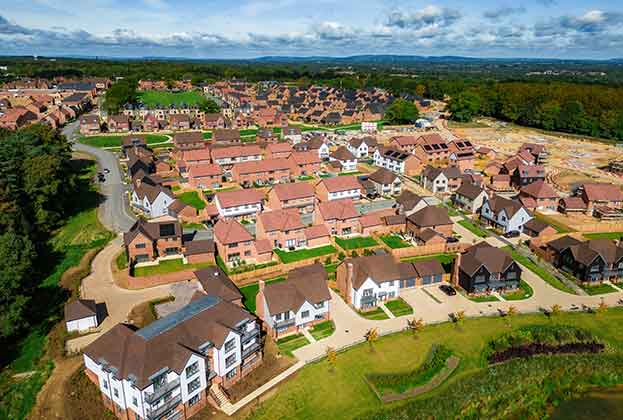It is now less than a year until regulations surrounding the Energy Performance Certificate (EPC) are set to change.
From 1 April 2018 the Minimum Energy Efficiency Standards (MEES) for domestic residences will be introduced, meaning landlords must ensure any new tenancies or renewals come with an energy efficiency rating of ‘E’ or above. And from 1 April 2020 this will apply to all existing tenancies as well.
A significant number of properties are likely to be affected and if landlords do not make necessary changes now it could cause issues when trying to market the property, as well as incurring a penalty of up to £4,000.
However, there are three exemptions which will allow lettings to go ahead even if they do not meet the required standard:
- Cost effectiveness Where all possible cost-effective improvements were carried out, such as insulation and double glazing installation, but the EPC rating still remains below an ‘E.’
- Devaluation If the necessary energy efficiency improvements would reduce the market value of the property by more than 5 per cent, as deemed by an independent surveyor.
- Third party consents Where consent for the improvements from a third party, such as a lender, freeholder or tenant, have been denied, or were provided with unreasonable conditions.
Landlords should note that these exemptions will only last for up to five years and must be listed on the PRS Exemptions Register if they are to be relied upon. The register will be available from 1 October 2017.
Tenants are also eligible to carry out works to improve the energy efficiency at their own expense, normally done to reduce their energy bills. As of 1 April 2016 it became unlawful for landlords to unreasonably refuse a tenant’s request to carry out such works. There are only two circumstances under which landlords can refuse:
- Another tenant made a request within the preceding six months with which the landlord complied.
- The landlord offered to make the improvements the tenants are now proposing in the preceding six months, but the tenant refused or failed to respond.
The best advice for landlords with ratings below an ‘E’ is to review their most recent EPC now to ascertain what improvements need to be made and then complete any works within the next nine months. Once this has happened they must be sure to renew their EPC certificate, and every 10 years thereafter.
Over time the MEES is likely to rise above the minimum ‘E’ rating, so landlords should also consider improving more than just the bare essentials and implement works to improve any properties that also fall within ratings ‘C’ and ‘D’.
Further information
For more information and advice contact Savills Lettings
(1).jpg)

.jpg)




.jpg)

.jpg)
